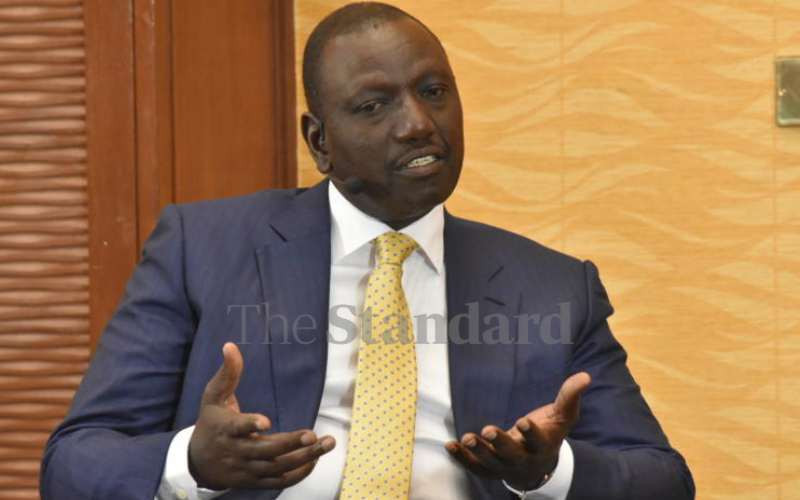×
The Standard e-Paper
Smart Minds Choose Us

Kenyans should not pay to use a road, this is according to Kenya Kwanza Alliance presidential candidate Dr William Ruto.
Speaking Thursday night during a town hall meeting at Serena Hotel, Ruto said his administration will explore other ways to repay infrastructure loans other than through the imposition of toll fees on roads.